
News & Events

Nutritional Values of Fruits in Summer Season
Fruits are a great option throughout the year, especially on those hot, humid days. They support hydrating the body, boost its energy and help reduce tiredness and fatigue. They are healthy, delicious, and nutritious - rich in fiber, vitamins, minerals, antioxidants, and anti-inflammatory agents. They reduce the risk of many non-communicable chronic illnesses, such as hypertension, heart disease, stroke, and cancer, and reduce food cravings.
Fruits are best consumed fresh with their edible skin or in a fruit salad - particularly those bright in color and rich in healthy nutrients. Dried fruits are another option. Fruits can be consumed as smoothies and can be part of the main meal, or eaten as a snack replacing fatty and greasy snacks like sweets rich in calories, sugar, and fat.
Fruits are nutritious and promote health and wellbeing. So it’s essential to include them in your daily diet, even as a snack. Fresh or dried fruit can be a delicious and healthy replacement for sweets. Most fruits have low fat and salt content but are rich in vitamins, minerals, fiber, antioxidants and anti-inflammatory compounds.
It’s beneficial to consume four servings of fresh or dried fruits per day - especially those bright in color, with edible skin and seeds. At the same time, limit drinking fruit juices, as juices lose the fruit's natural fiber and have lower nutritional value than fresh or dried fruits. Fresh or dried fruits are also better for metabolism, weight management and appetite than their juices, and impact your sugar levels less.
Include fruits in your daily menu, in whichever way you like, and keep your mind and body healthy. Eat them raw, mix them with low fat or nonfat milk, laban or yogurt, or whip up a delicious smoothie or healthy dessert. If you are going to drink fruit juice, it is better to limit intake to one cup per day with pulp, without added sugar.
Watermelon
Watermelons are one of the most highly nutritious and cooling fruits during the summer season due to their high water content. It’s healthy and rich in vitamins A and C and antioxidants. Vitamin A boosts immunity and is beneficial for the skin and vision, while Vitamin C boosts immunity and offers many benefits for the entire body. Watermelon also has Vitamin B6 which improves immunity and potassium which maintains the water balance in the body, reduces muscle cramps, and keeps the heart healthy.
Watermelon is a great source of lycopene, which gives it its pink-red color, and lowers oxidative stress and inflammation that protects from heart disease, stroke and cancer. In addition, its high water and potassium content support the electrolyte and fluid balance in the body, replenishing electrolytes and water lost during the hot season.
Mango
Mangoes are rich in fiber, minerals, vitamins, including Vitamins A, B6, C, and E, folic acid, potassium, antioxidants, and anti-inflammatory agents. Mango is also rich in fiber that is useful for digestion and regulates bowel movement. The antioxidants help reduce the risk of many non-communicable diseases such as diabetes type 2, heart disease, stroke, high blood pressure, and some kinds of cancer, in addition to Alzheimer’s and Parkinson’s diseases.
Guava
Guava is rich in soluble fiber, vitamin C, potassium and antioxidants. It supports immunity, mental health, skin, and vision and protects against many chronic diseases.
Papaya
Papaya is another great fruit that can be consumed fresh or dried during summer. It contains many essential nutrients for health, such as vitamins A and C, folate, and various antioxidants and anti-inflammatory agents healthy for all body organs. This fruit also contains ingredients that are beneficial for the digestive system.
Strawberries
Strawberries are nutritious, delicious and rich in antioxidants, fiber, vitamin C, folic acid, potassium, manganese and anti-inflammatory agents that reduce the risk of many chronic illnesses similar to many fruits. They also support a healthy digestive system and improve immunity.
Grapes
Grapes are rich in antioxidants that keep the vision, heart and brain healthy, support immunity, and reduce cancer risk.
Pineapples
Pineapples are a well-known tropical fruit that help in regulating blood pressure and the digestive system. It also reduces the risk of inflammation as it is rich in antioxidants and anti-inflammatory agents.
Apples
Apples are rich in many nutrients, including fiber which regulates blood sugar and supports the digestive system. It also offers benefits for the heart and brain, and lowers the risk of stroke, cancer, and some neurological diseases.
Bananas
The benefits of Bananas go beyond their potassium content, as they are rich in fiber, vitamins C and B6, and magnesium. Its fiber content regulates the digestive system and supports immunity by promoting the growth of good bacteria in the gut.
Kiwi
Kiwi is rich in nutrients such as vitamins A, C, E, B6, magnesium, fiber, potassium and folic acid. It is beneficial for the digestive system and supports a healthy heart, liver, skin and hair. It also regulates the bowel and resolves constipation.
Oranges
Oranges are rich in vitamin C, potassium, folate, vitamin B1, fiber, and many antioxidants and anti-inflammatory agents. They are optimal for controlling blood pressure and in fighting stroke, heart diseases and cancer. It’s healthier and beneficial to consume fresh oranges than to drink their juice.
Grapefruit
Grapefruits are one of the most nutritious citrus fruits and are rich in vitamin C, fiber, potassium, antioxidants and anti-inflammatory agents.
While it is an excellent fruit for heart health, it interacts with many heart and blood pressure medications. Therefore, individuals who take statins, corticosteroids, calcium channel blockers, anti-anxiety medications or immuno-suppressants should consult their physicians before consuming grapefruit or drinking its juice or any food item that contains grapefruit, such as mixed juices. They should read the food label carefully to look for grapefruit, and consult their dietitians in this regard.
Avocado
Unlike most fresh and dried fruits, avocados are low in natural sugar content and rich in healthy fats. These healthy fats are beneficial to heart health and vision. In addition, Avocado is rich in fiber, potassium, folate, and vitamins A, E and K.
Peaches
Peaches are rich in fiber, potassium, and vitamins A, C, and E, in addition to antioxidants that fight the free radicals and lower the risk of heart disease, stroke and cancer. They are healthy when consumed fresh or eaten dried or canned. It’s better to consume canned peaches preserved in water rather than syrup.

World Breastfeeding Week
JHAH joins the World Alliance for Breastfeeding Action and the MOH in supporting World Breastfeeding Week

How to sleep better
A good night’s sleep can help repair damaged heart and blood vessels. We have simple tips to help you sleep better

The fight against breast cancer
The good, and bad news about breast cancer – and how to fight it
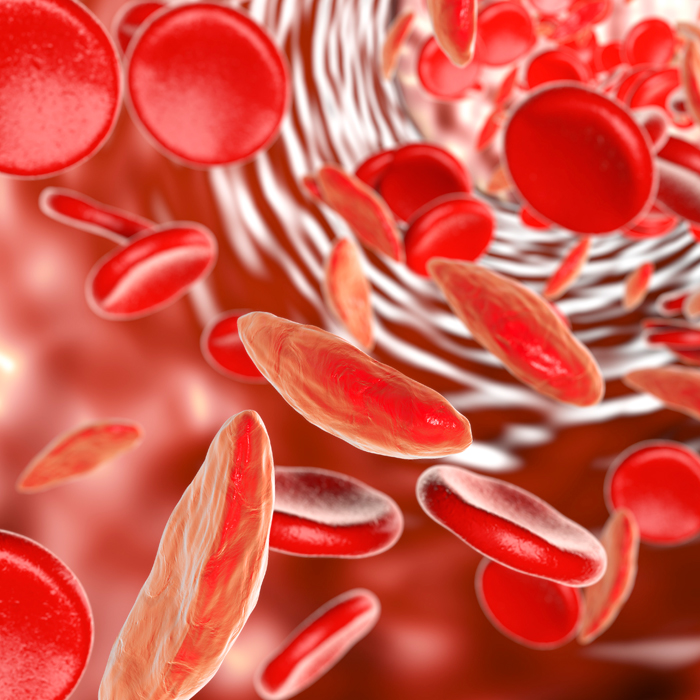
Tackling the pain of sickle cell
Find out how changes to how we manage the pain of sickle cell disease have led to a massive drop in emergency care and hospitalization

Immune System Boosting Meal Plans
A few ideas for a good nutrition program that can help strengthen your immune system

Tips to Strengthen your Immune System
There are many health and nutrition tips that can boost your immune system

Top Tips to Controlling Your Diabetes
The Kingdom is the second in the Middle East and the seventh globally in the rate of Type 2 diabetes, find out how you can take control of your diabetes and lead a healthy life
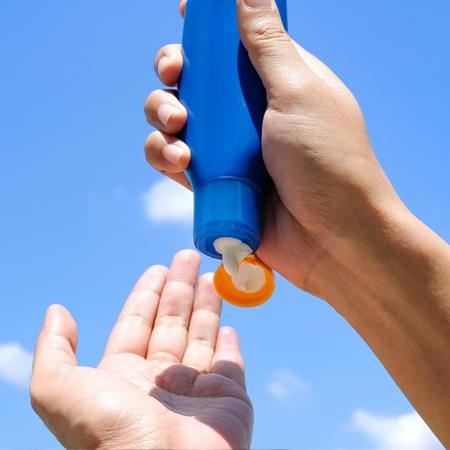
Protect Yourself from Sun Exposure
Health issues related to sun exposure and how you can protect yourself

Survive a heart attack when alone
Heart attacks often occur when people are alone. Knowing what to do when heart attack symptoms come on can save your life

Obesity Preventive Tips
Encouraging people who suffer from obesity to take part in safe solutions to weight loss, lifestyle change, and weight maintenance
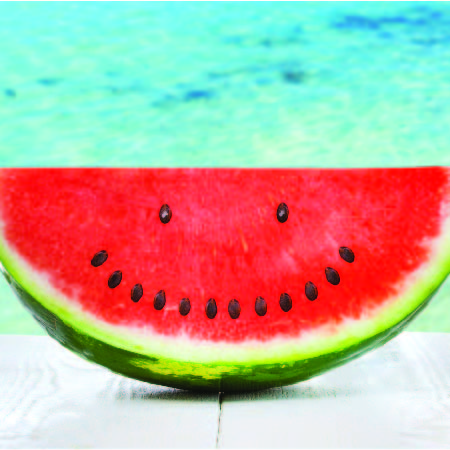
Staying cool and healthy during the summer
We tend to forget that the sun’s shine and brightness can be quite harmful during the summer. Tips to stay healthy and cool during summer

Keratoconus diseases
Keratoconus is an eye disease that affects the Cornea, the clear transparent part of the eye. This disease causes progressive thinning and protrusion of the cornea giving it a conical shape.

Medication Safety Tips
No matter what type of medicine your doctor prescribes, it's always important to be safe and follow medication safety measures

Alzheimer’s Disease
Learn about Alzheimer’s disease, it's symptoms, causes and risk factors, and what to do if you have Alzheimer's disease
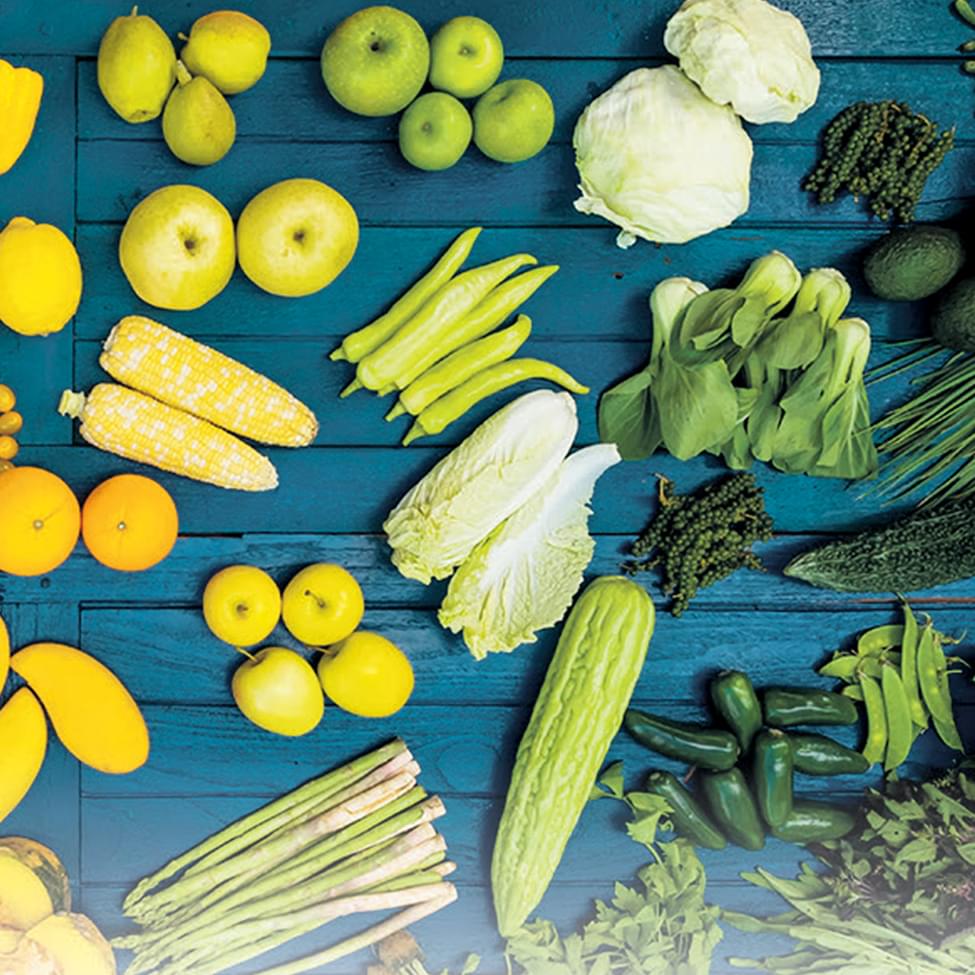
Fight Breast Cancer Tips
Proper nutrition and exercise play important roles in reducing the risk of breast cancer
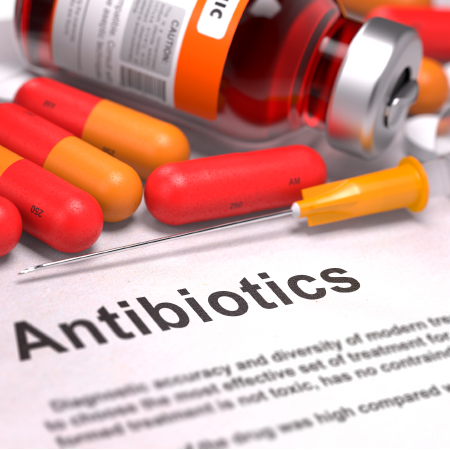
Antibiotics
Learn how to properly use antibiotics to avoid resistance and protect your health

Effective Medication Depends on Efficient Communications
Collecting your medication from the pharmacist is not just a medication transaction but an opportunity to enhance your understanding of the medication and better care for your health.

From Prediabetes to Normal Blood Sugar
JHAH Tawazon Program works with pre-diabetic patients to help them modify their lifestyle to prevent or delay type 2 diabetes

Make the most of your Pharmacy Visit
Here are a few essential points to discuss with your pharmacist to better understand your medication to ensure your wellbeing.

The Four Cs of Food Safety
Four simple and practical guidelines that will help you to keep safe from food-borne diseases in your kitchen

Save lives, donate blood
Read our expert advice on blood donation guidelines and how you can play a role in saving lives
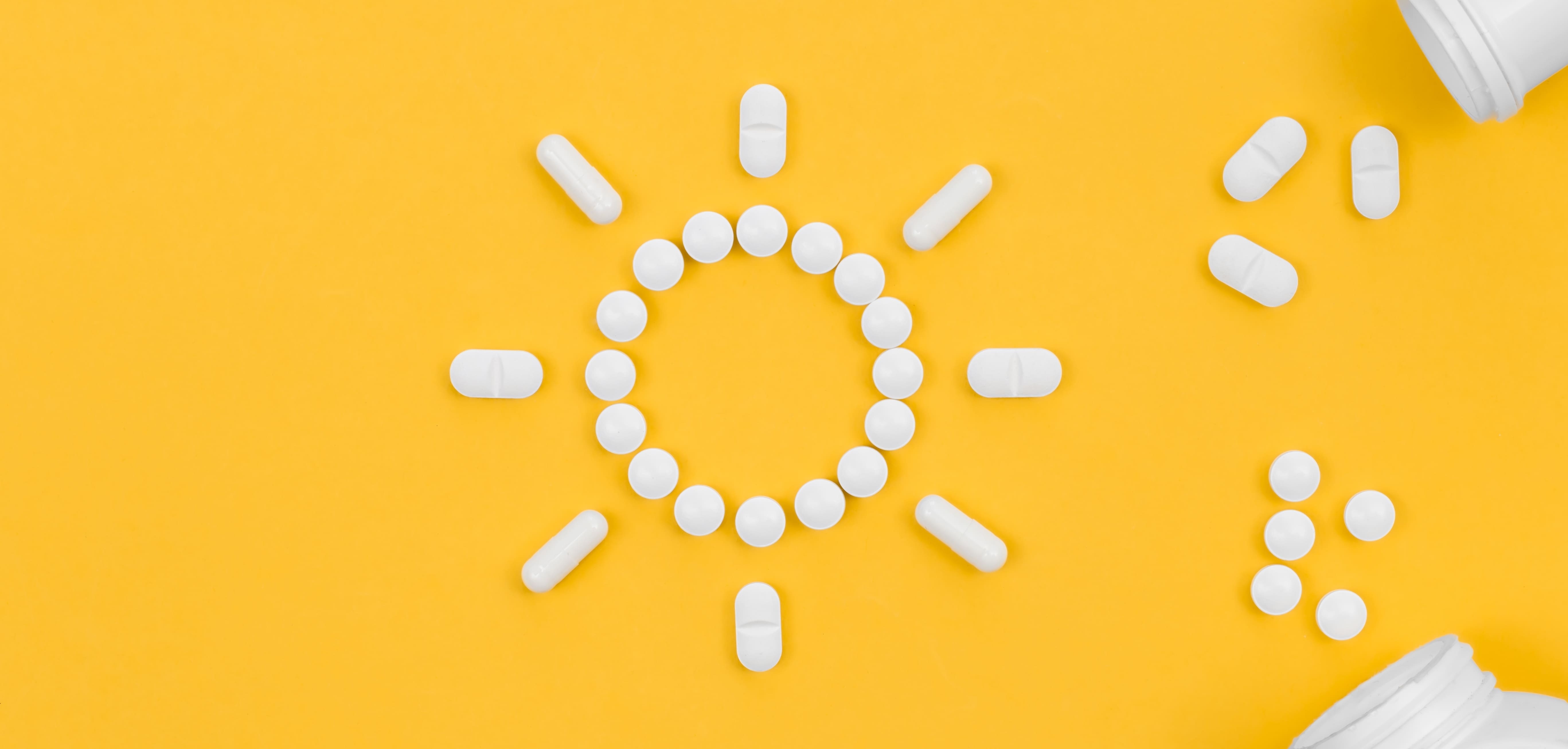
Essential Tips to Safeguard Medications in Summer
Protect your medications against the heat of summer with a few simple tips

Importance of Consuming a Healthy Breakfast
Start your day with nutritious foods to boost your energy and metabolism levels

Tips for Healthier Sweets
JHAH Clinical Nutrition and Food Services Unit is here to help you make your sweets healthier, lighter and heart friendly

Asthma Inhaler Essentials: Techniques for Effective Use
Important techniques to ensure effective delivery of medications to the lungs

Recognizing Dehydration When Spending Time Indoors
Signs of dehydration indoors, symptoms to watch, and tips to stay hydrated even without thirst.

Al-Hasa Health Center Performs First Triple ENT Surgery
Three ENT surgeries significantly improve the breathing of a 21-year-old patient.
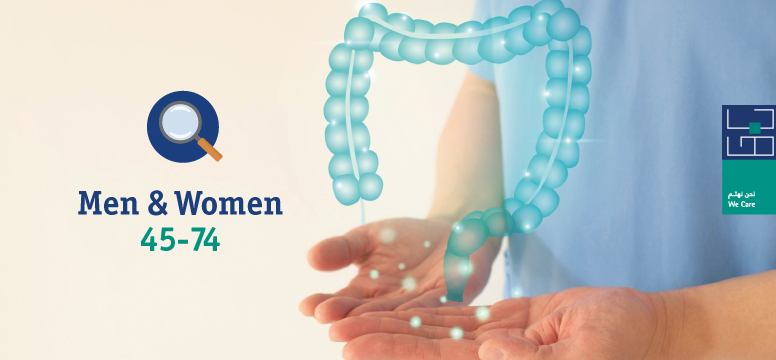
Colon Cancer Screening: A Crucial Step for Your Health
Colon cancer screening can detect the disease in its early and treatable stages

Adapting to Heat: Skin Care Tips
Scientifically backed tips to keep your skin in top condition.
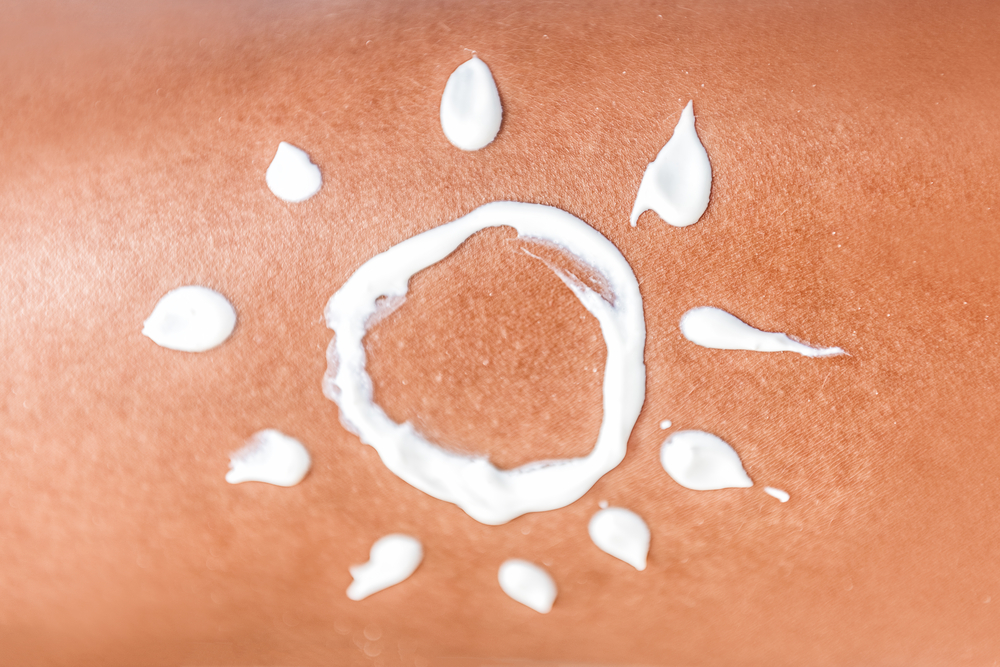
Skin Care for Healthy Skin
Enjoy being outdoors while keeping your skin healthy, protected and radiant

Winter Wellness
Discover key tips to prevent infections this flu season and effective home remedies to manage cold symptoms.
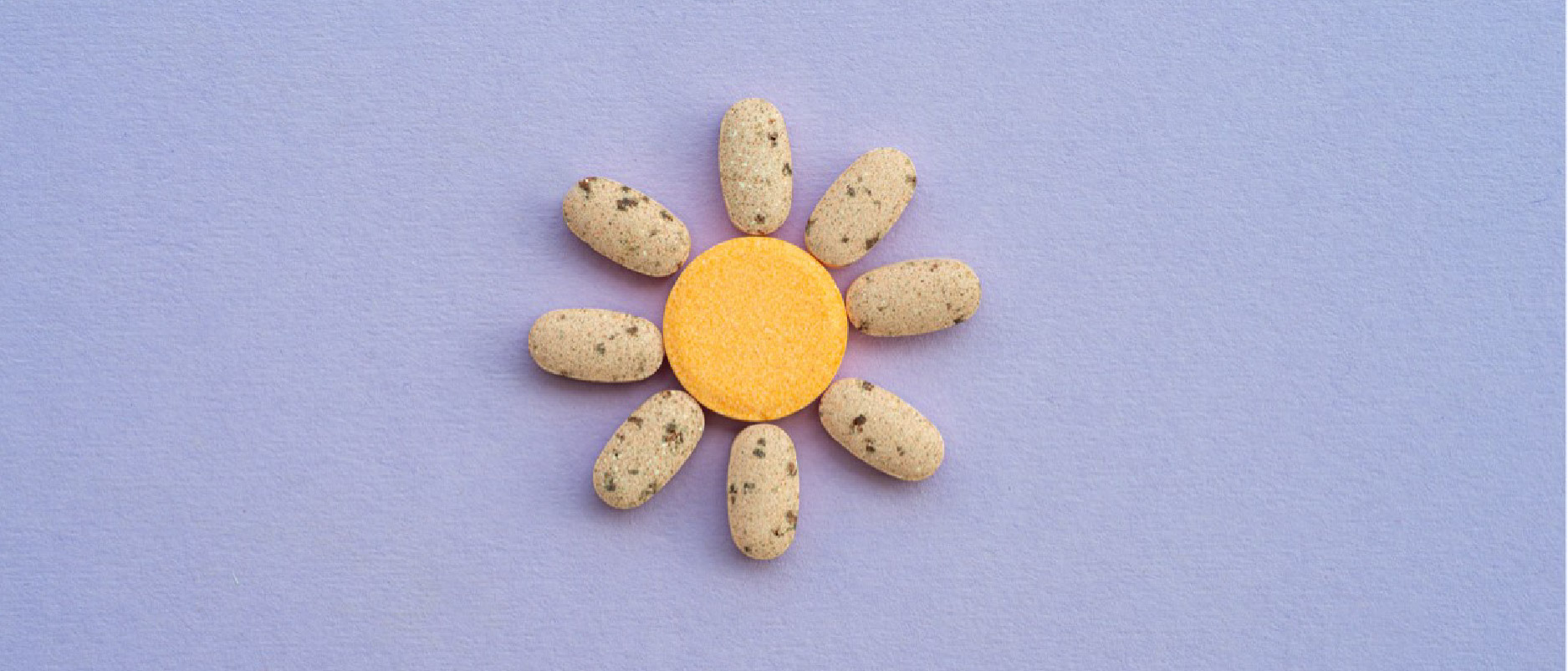
The Importance of Vitamin D in Human Life
Explore the vital role of vitamin D in health and learn how to maintain adequate levels through diet and sunlight.

Breast Cancer: Know It, to Beat It
Explore essential insights on breast cancer, its risks, symptoms, and treatment options.

International COPD Day
Join us for International Chronic Obstructive Pulmonary Disease Day as we raise awareness and clear misconceptions.

Fall Prevention Tips
Explore the risks of falling and learn key effective prevention strategies.

Fight Anemia and Power up with Iron Rich Food
Iron deficiency anemia, its causes, symptoms and effective dietary strategies.

The Art of Pillow Selection
Discover the importance of selecting the right pillow for alleviating neck and shoulder pain and enhancing sleep quality.

Infection Prevention and Control Guidelines
Discover essential practices for reducing infection risks. Stay informed and protect your health and the health of others

Tips to Maintain Eye Health at Work
Relieve eye strain and improve focus with the 20-20-20 rule and other tips

Internet Safety Tips for Kids in Cyberspace
Help children stay safe online by teaching privacy, secure settings, and cyberbullying awareness

Your Health in Cold Weather
Boost immunity and well-being this winter with healthy habits, exercise, hydration and sleep

Heart Disease: Risks and Prevention
Raise awareness for heart disease prevention through healthy habits, diet, and stress management

Strengthening children's muscles
Explore how children's exercise programs focus on neurological adaptation and muscle learning rather than muscle size alone
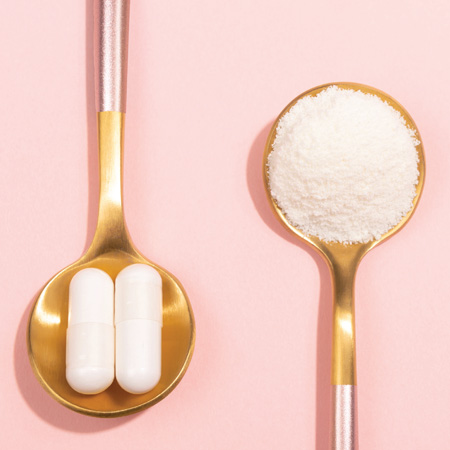
Should I take a collagen supplement?
Learn about collagen, its role in your body, and how diet and lifestyle impact its production

Managing Anxiety and Winter Depression
Tips for coping with seasonal challenges to boost your mood and wellbeing

Social Media & Gaming Addiction: Warning Signs, Risks, and How to Take Control
Hooked on social media or gaming? Learn how constant screen time could be harming your health and what you can do about it.

Importance of Vitamin D in Human Life: Key Aspects and Insights
Discover how Vitamin D plays a vital role in your health—from boosting immunity and mood to strengthening bones and supporting heart function.

Invisalign Clear Aligner Orthodontic Treatment
Looking for a discreet way to straighten your teeth? Invisalign clear aligners at JHAH offer a comfortable, effective, and nearly invisible alternative to braces.

Minor Illness Management
Feeling under the weather? Discover practical tips to care for yourself or your child at home when dealing with flu or stomach illness.
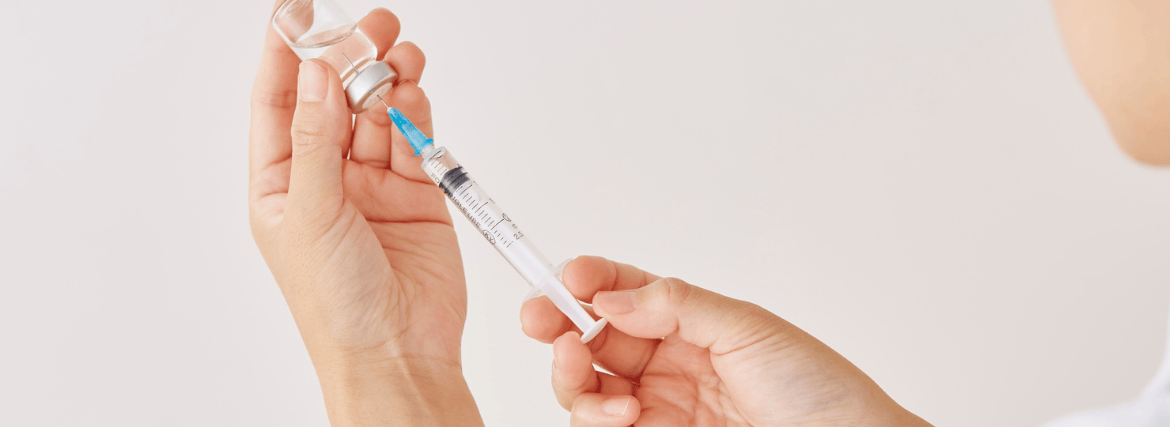
Immunization Issues
Vaccines, immunity-boosting tips, and hygiene habits that help you stay healthy and reduce the spread of seasonal viruses.
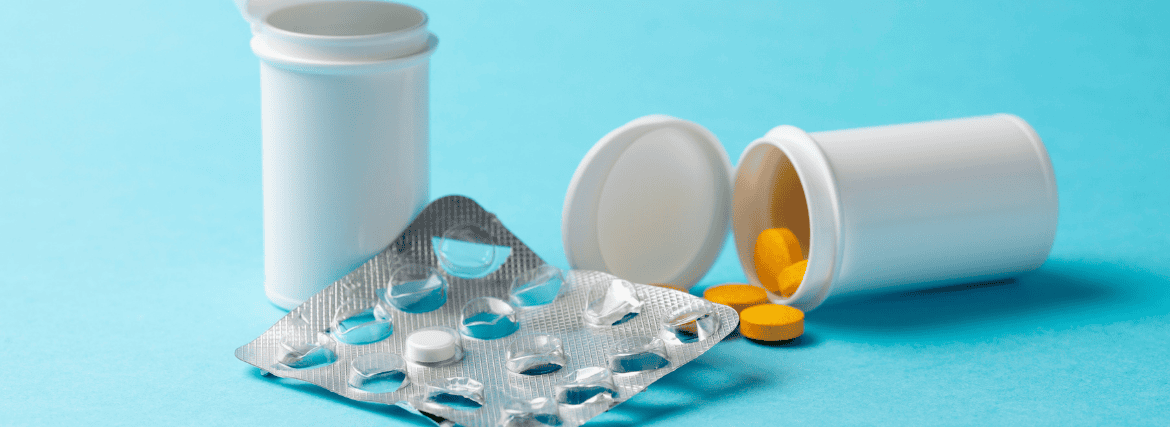
Using Opioid Medications Safely
Opioids can relieve pain—but only when used correctly. Discover essential safety tips and warning signs every patient and caregiver should know.

Why you should quit
Smoking harms nearly every body organ. The earlier you quit, the greater the health benefit. Learn how

Healthy and Fun Lunchbox Ideas for Kids
Give your kids the energy boosts they need with colorful, balanced lunchbox ideas that stay fresh until lunchtime.

Helping Children Adjust in the First Weeks of School
Starting school can be emotional for kids and parents. Learn simple ways to ease anxiety, build steady routines, and make the first weeks a positive experience

Working Together for a Healthy School Year: Hygiene Tips for Kids, Parents, and Teachers
Keeping kids healthy is a team effort. Explore fun, practical ways for parents and teachers to teach good hygiene, reduce sick days, and keep classrooms thriving

Protecting Children from Sun and Heat at School
Help your child stay cool and safe at school with easy sun protection, hydration tips, and guidance for healthy outdoor play

School Bus Safety Practices
Safe bus rides start with parents. Learn easy rules and reminders to keep kids safe, confident, and stress-free on every school journey

Study Tips for Kids: Reducing Stress and Boosting Confidence
Make homework stress-free with simple study routines, fun habits, and confidence hacks that keep kids motivated to learn.

School Bedtime Tips for Kids: Better Sleep, Better Learning
Make school mornings smoother with simple sleep tips that build healthy routines, calmer evenings, and better focus for kids.
